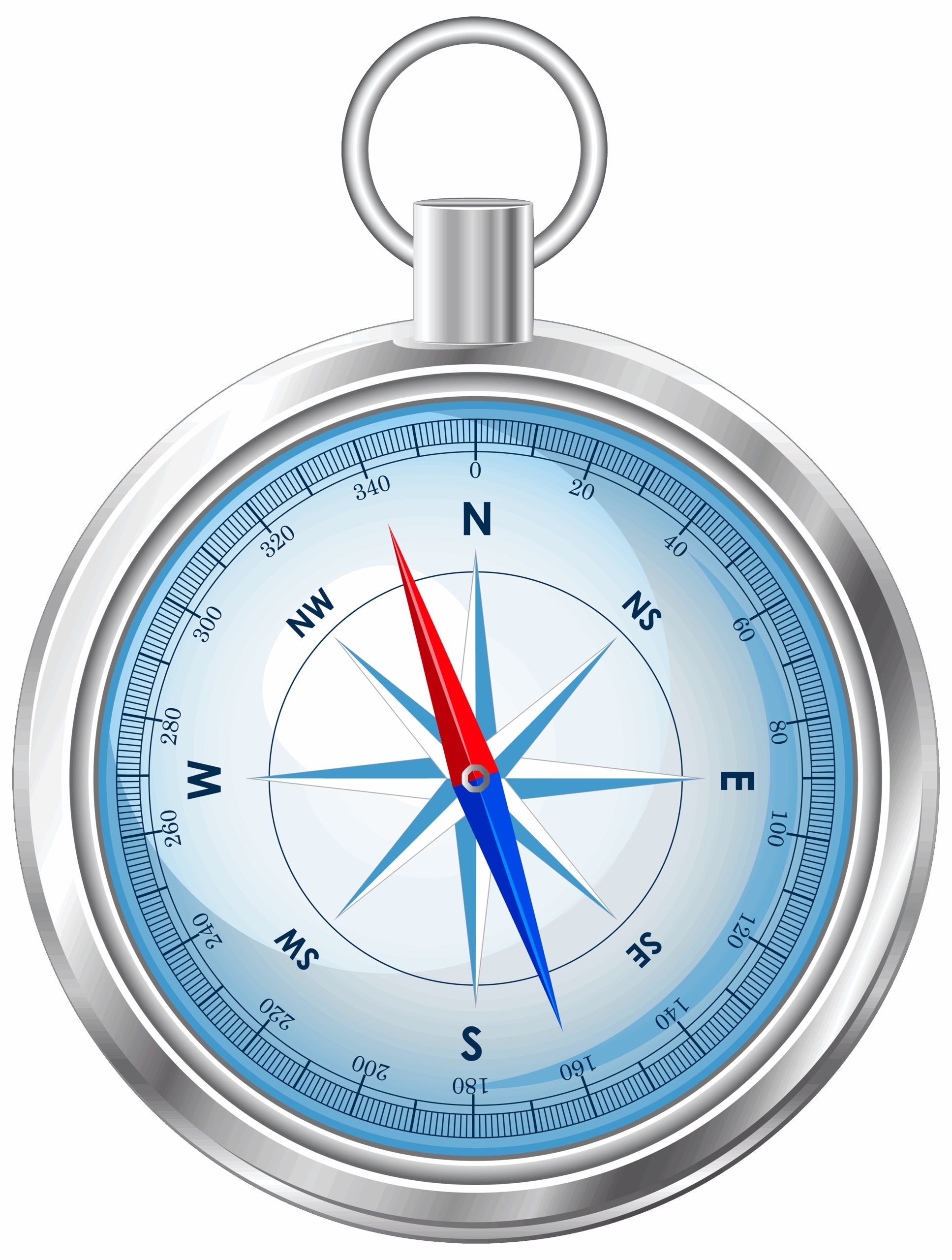The Bahá’í teachings present justice as a fundamental principle, resonating deeply within the fabric of community and individual decision-making. Like a compass, justice offers guidance, steering us towards righteous conduct, equitable treatment, and moral integrity. In exploring the notion of justice in the Bahá’í Faith, we delve into its multifaceted nature, illuminating how it shapes our choices, our interactions, and ultimately, the world around us.
One of the most profound assertions in the Bahá’í teachings is that true justice transcends mere legalism. It embodies a spirit of fairness and compassion, necessitating a holistic understanding of circumstances. Justice is not solely about imposing rules; rather, it is about cultivating a deep-seated empathy that informs our judgments. Envision a society where decisions are not merely governed by rigid frameworks but are instead infused with human understanding and kindness. This paradigm shift beckons us to re-evaluate how we approach the complexities of life.
At the heart of Bahá’í teachings lies the conviction that justice is inherently linked to the concept of unity. Bahá’ís believe that all humanity is part of a singular, interconnected entity. Thus, the practice of justice extends beyond personal or community realms, reaching into the global consciousness. The realization that our actions impact the collective soul of humanity encourages a more profound commitment to making choices that uphold the dignity of every individual. This emphasis on interconnectedness challenges us to contemplate not just the immediate consequences of our decisions but their reverberations throughout society.
In recognizing the essential interplay between justice and unity, Bahá’í teachings also advocate for the principle of equity. Equity is the notion that fairness requires tailored responses to varying circumstances, allowing for deviations from a rigid standard when context necessitates it. This sensitivity to individual circumstances is crucial, as it recognizes that not all situations are created equal. In practice, equity allows us to navigate situations where the application of absolute justice might yield unjust outcomes. It encourages us to consider the underlying realities facing those involved, thereby refining our moral compass further.
An essential component of this exploration is the distinction between punitive justice and restorative justice. The Bahá’í approach stresses the importance of rehabilitation over retribution. In addressing wrongdoing, the aim should not be solely to punish but to facilitate healing and reintegration. This approach reframes the decisions made in our judicial systems, communities, and personal relationships. Restorative justice emphasizes accountability while fostering an environment of forgiveness and understanding—an area ripe for exploration in both theoretical and practical applications.
Moreover, the pursuit of justice is not an isolated endeavor but one that requires continual reflection and commitment. Personal growth and ethical development are critical pathways through which individuals can cultivate a more profound sense of justice in their lives. Bahá’í teachings encourage the practice of self-examination and humility—essential tools that help individuals confront biases and preconceptions that may taint their perceptions of justice. Embracing vulnerability in our decision-making processes creates avenues for growth that empower us to rectify past injustices and foster a more just community.
The role of education further enhances our understanding of justice within the framework of the Bahá’í teachings. Knowledge is transformative; it enlightens our minds, dispels ignorance, and sharpens our discernment. The empowerment that comes from education enables us to understand complex social dynamics, fostering informed and compassionate approaches to justice. Moreover, education equips individuals with the tools necessary to challenge systemic injustices—ushering in a tide of change that advances equity and inclusion in society.
As we navigate our choices, the compass of justice also beckons us to consider our responsibilities towards the marginalized and disenfranchised. Bahá’í teachings emphasize the importance of advocacy, urging followers to stand up for the rights of those who cannot speak for themselves. This aspect of justice imbues our decisions with a greater sense of purpose, inspiring us to act in solidarity with those who experience injustice daily. It reinvigorates our understanding of justice as an active, dynamic force—one that must be sought, fought for, and manifested in our everyday lives.
Furthermore, the application of justice in decision-making is not confined to local or personal spheres. It extends to governance and global relations. The Bahá’í teachings advocate that justice serves as a guiding principle in the creation of laws and policies. Fair governance grounded in justice fosters peace, stability, and prosperity. Leaders who embody the spirit of justice will serve their constituents with integrity and foresight, recognizing that their decisions will resonate far beyond their tenure. Such a paradigm provokes curiosity about how justice can be harmonized with global efforts toward sustainable development, peace-building, and conflict resolution.
In conclusion, the journey towards embodying the compass of justice as outlined in the Bahá’í teachings prompts a deep shift in our perspectives. Each decision we make offers us a chance to imbue our lives with principles of fairness, equity, and compassion. The allure of justice captivates us, inviting us to explore its depths and implications in our everyday existence. By embracing the tenets of Bahá’í teachings, individuals can not only transform themselves but contribute to a more just world, where the very essence of humanity is celebrated and uplifted. This powerful legacy of justice calls on us to take action, forge new pathways, and unite for the betterment of all humankind.
